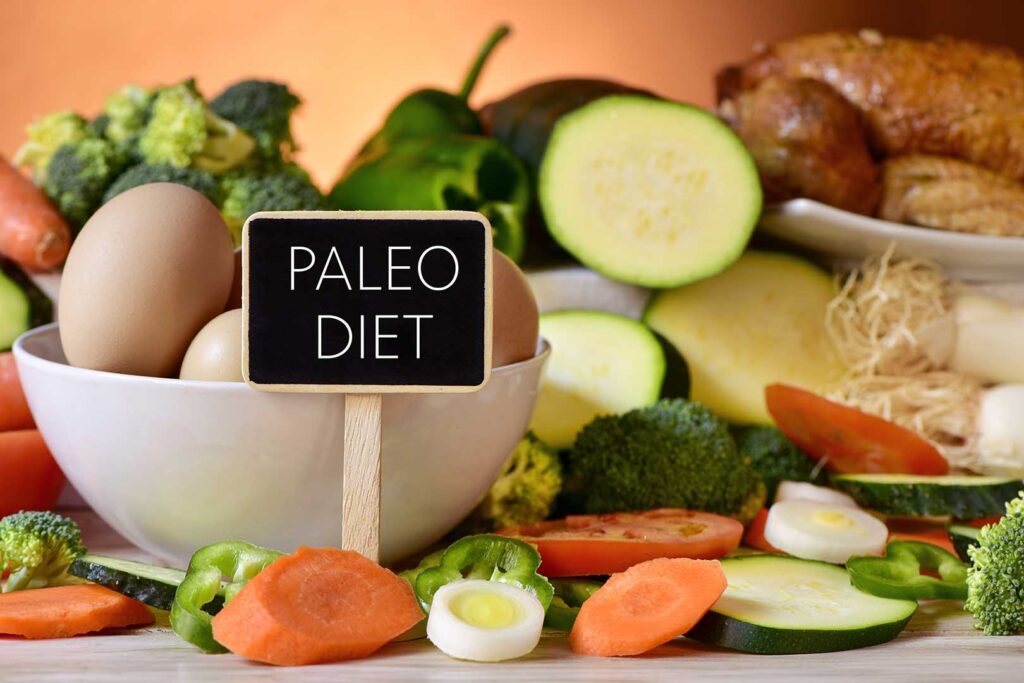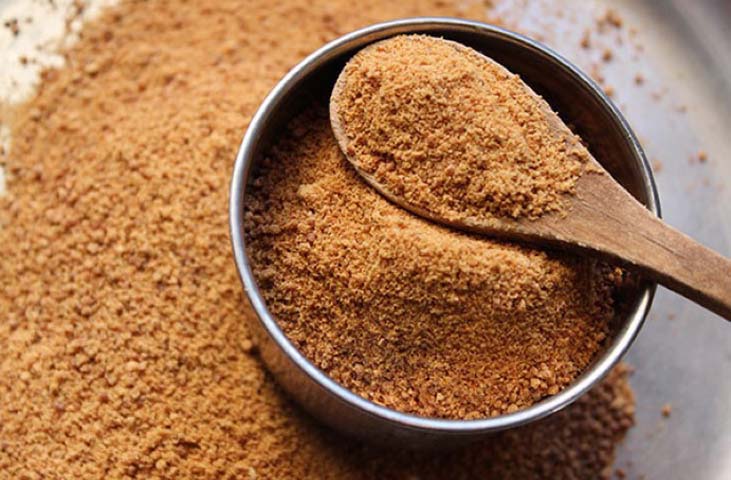What is the Paleo Diet?
A paleo diet is a dietary plan based on foods similar to what might have been eaten during the Paleolithic era, which dates from approximately 2.5 million to 10,000 years ago. A paleo diet typically includes lean meats, fish, fruits, vegetables, nuts, and seeds. The foods that in the past could be obtained by hunting and gathering. A paleo diet limits foods that became common when farming emerged about 10,000 years ago. These foods include dairy products, legumes, and grains. Other names for a paleo diet include Paleolithic diet, Stone Age diet, hunter-gatherer diet and caveman diet.


Paleo Diet sugar substitute
One major challenge paleo adherents face comes in the form of refined sugars, which are nearly impossible to avoid in the current food system. White sugar is highly processed; chemicals must be used to purify the cane syrup and turn it into refined sugar. Instead, the paleo diet relies on natural sweeteners. We choose which sweetener to use based on each individual recipe; because each option has a distinct flavor and interacts with other ingredients differently, it’s helpful to have a variety of sweeteners on hand. One of the natural and healthier alternatives is coconut sugar.You May Like : 7 BEST NATURAL SWEETENERS LISTS, THE HEALTHIEST SUGAR SUBSTITUTES



Is coconut sugar allowed on paleo diet?
The answer is yes! Coconut sugar is a sugar that is produced from the flower stems of the coconut palm tree, mainly from Southeast Asian countries. It is light brown and sometimes you can find it in granulated form. Farmers extract the sap from the coconut tree and reduce it. That’s about the only processing that goes into making coconut sugar! That’s why coconut sugar is considered a raw food. The brown color is it’s natural color that occurs because of caramelization of the sap during the reduction process. This gives it a slight caramel taste, along with a hint of earthy and nuttiness. As the making of coconut sugar does not involve any processing nor any additives the taste of coconut sugar totally depends on the species of coconut used and where it is harvested.Coconut sugar retains most of the minerals from the sap as the result of minimally processed or less refined. It contains nutrients such as iron, zinc, calcium, potassium, and antioxidants. Coconut sugar also has a decent amount of inulin, which is a type of soluble fiber that can help slow down the sugar absorbed in your body. This might be related to the glycemic index of coconut sugar.You May Like : DOES COCONUT SUGAR HAVE A LOW GLYCEMIC INDEX?
Make sure to buy 100% organic coconut sugar. But please always remember that coconut sugar is still sugar. There’s no getting away from that. It surely is healthier, but you still should treat coconut sugar like regular sugar, so consume it in moderation and sparingly.Indo Coconut Sugar - Best Coconut Sugar Indonesia